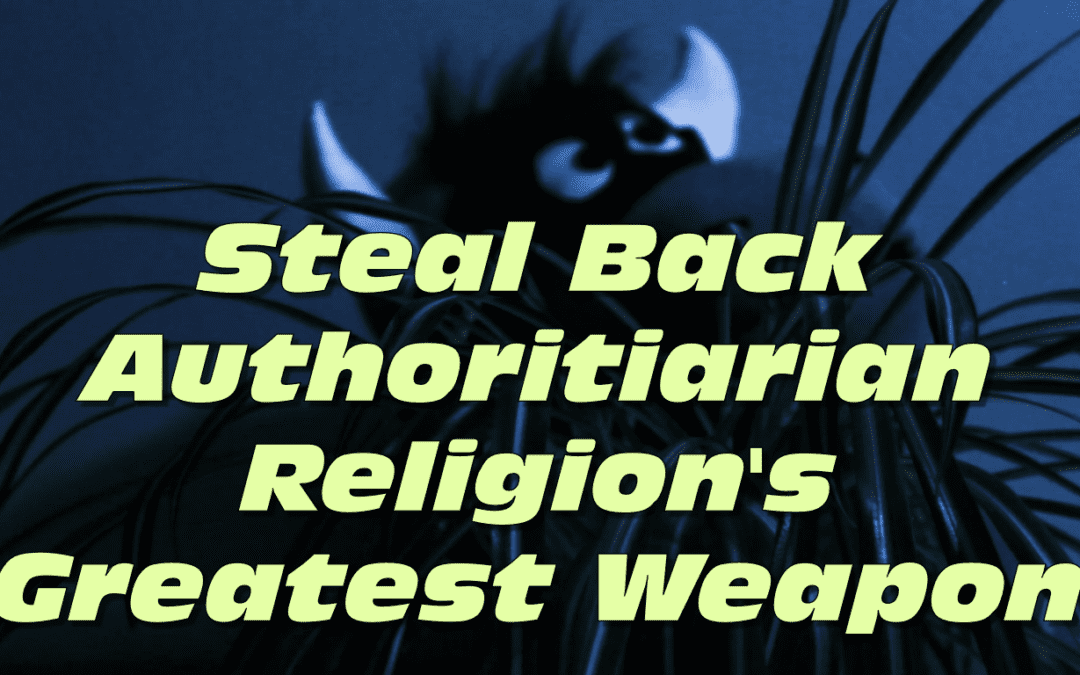Do you really want to reach those outside your circles? It seems every time there’s a new story to explain some injustice or a metaphor to express a problem or pain of the marginalized, it is immediately demonized by voices with power.
Take for example the word “Woke.” Expressed positively it’s about having woken up to injustice that had always been there but had been normalized and unnoticed. But typically when the word is invoked it’s to caricature people as hateful of everything and everyone and as mentally unwell.
Those authorities then justify their authority, not by engaging and earning authority through their actions, but by appealing to the Bible. They tell a story from the Christian Bible that’s stripped down to fit their needs and their follower’s identity.
How can we effectively fight that?
This authoritarian religiosity has a weakness. Their and their follower’s identities are tide up with the Bible. Their tellings of Bible stories strips them down to stories of obedience, and you can find stories like that in there. But the most prominent narratives of the Bible were written and/or edited by marginalized people. There’s a lot more to subvert those on top than there is to sustain them.
For those of us who have inherited these stories, I say, we reclaim them.
Let’s go back to our “woke” example. What if “going woke” is described as a “Damascus moment”? Like Saul who was to become the Apostle Paul being confronted on the road to Damascus, we realized something was wrong. Scales fell from our eyes. We needed to act differently. Jesus taught whatever I do to the least of these I’ve done to him. I realized my actions, my words, my vote were causing suffering to Christ. I don’t want to go against Christ.
These stories tap into peoples identities. They can reach people in a personal way that outside stories often can’t. And it’s much harder to come up with an othering phrase like “woke mind virus” when the story is like this. Sure, they’ll throw out, “false prophet” accusations, but that gets tossed around all the time. And, being a “false prophet” is still a kind of “prophets”. That means, now, we’re in their conversation.
These stories are powerful. For anyone who’s been abused by the Bible, it is totally understandable to stay away from this language and just heal. But for the rest of us, we’ve inherited these stories passed down through our families or at least our culture. No matter your beliefs about whether or not there’s a God or whatever, we want to give you tools and stories to help you love your neighbor and also love yourself. Sign up to our email list below for free tools, stories, and updates (including in-person events), and subscribe on your favorite social media apps (see sidebar). We’ve got a lot of work to do. Welcome to the team!

